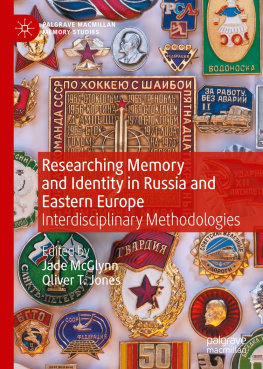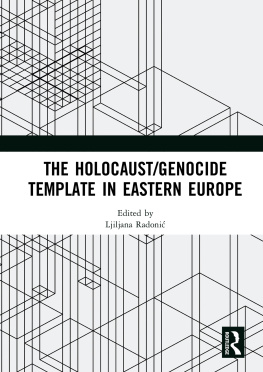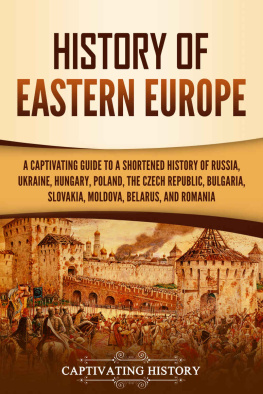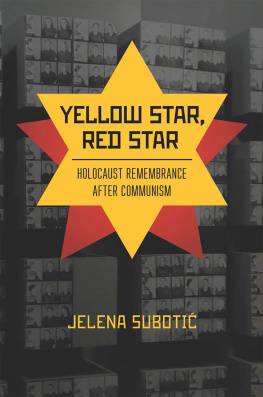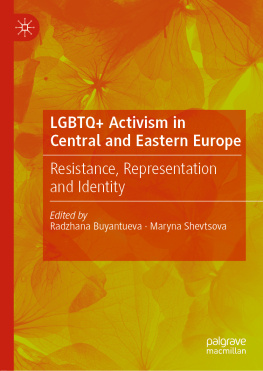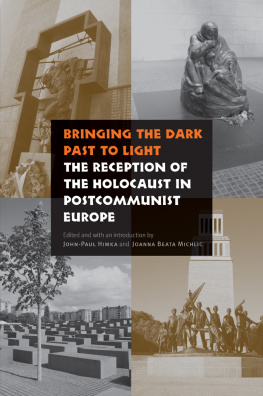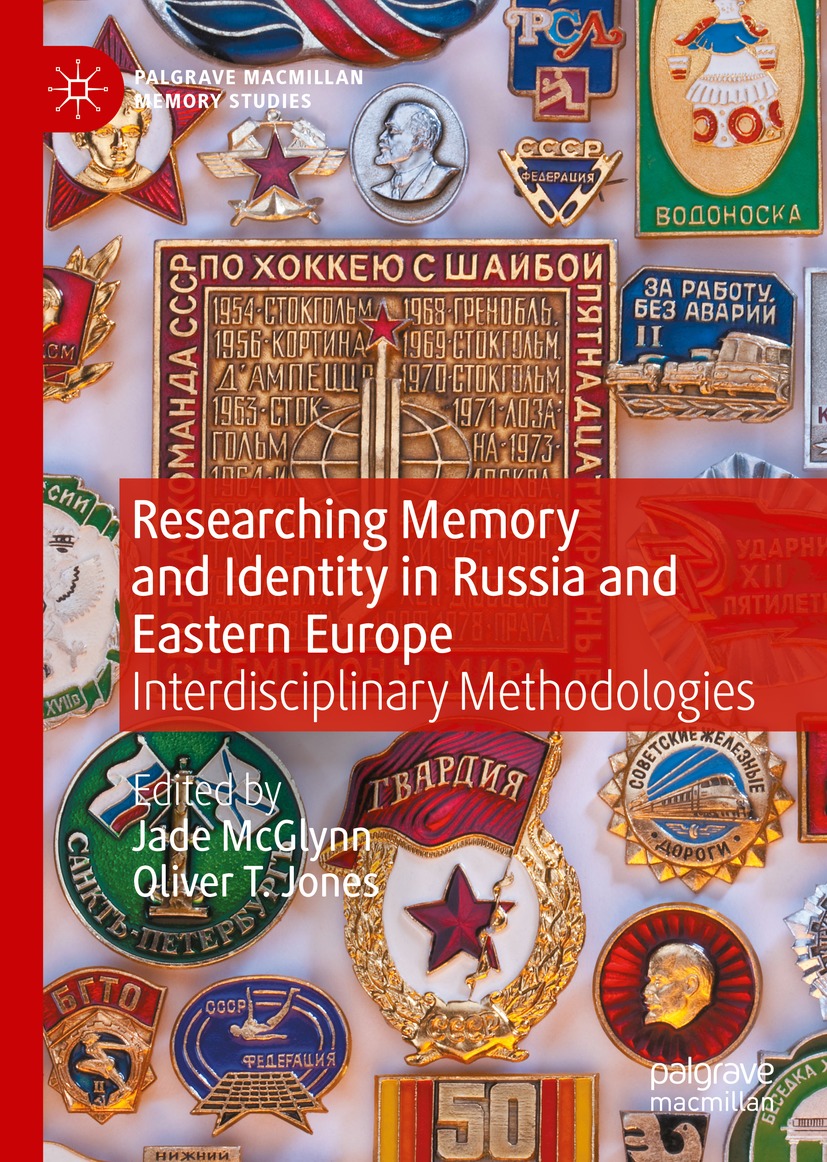Palgrave Macmillan Memory Studies
Series Editors
Andrew Hoskins
University of Glasgow, Glasgow, UK
John Sutton
Department of Cognitive Science, Macquarie University, Macquarie, Australia
The nascent field of Memory Studies emerges from contemporary trends that include a shift from concern with historical knowledge of events to that of memory, from what we know to how we remember it; changes in generational memory; the rapid advance of technologies of memory; panics over declining powers of memory, which mirror our fascination with the possibilities of memory enhancement; and the development of trauma narratives in reshaping the past. These factors have contributed to an intensification of public discourses on our past over the last thirty years. Technological, political, interpersonal, social and cultural shifts affect what, how and why people and societies remember and forget. This groundbreaking series tackles questions such as: What is memory under these conditions? What are its prospects, and also the prospects for its interdisciplinary and systematic study? What are the conceptual, theoretical and methodological tools for its investigation and illumination?
Editors
Jade McGlynn and Oliver T. Jones
Researching Memory and Identity in Russia and Eastern Europe
Interdisciplinary Methodologies

The Palgrave Macmillan logo.
Editors
Jade McGlynn
Middlebury Institute of International Studies at Monterey, Monterey, CA, USA
Oliver T. Jones
University College, University of Oxford, Oxford, UK
ISSN 2634-6257 e-ISSN 2634-6265
Palgrave Macmillan Memory Studies
ISBN 978-3-030-99913-1 e-ISBN 978-3-030-99914-8
https://doi.org/10.1007/978-3-030-99914-8
The Editor(s) (if applicable) and The Author(s), under exclusive license to Springer Nature Switzerland AG 2022
This work is subject to copyright. All rights are solely and exclusively licensed by the Publisher, whether the whole or part of the material is concerned, specifically the rights of translation, reprinting, reuse of illustrations, recitation, broadcasting, reproduction on microfilms or in any other physical way, and transmission or information storage and retrieval, electronic adaptation, computer software, or by similar or dissimilar methodology now known or hereafter developed.
The use of general descriptive names, registered names, trademarks, service marks, etc. in this publication does not imply, even in the absence of a specific statement, that such names are exempt from the relevant protective laws and regulations and therefore free for general use.
The publisher, the authors, and the editors are safe to assume that the advice and information in this book are believed to be true and accurate at the date of publication. Neither the publisher nor the authors or the editors give a warranty, expressed or implied, with respect to the material contained herein or for any errors or omissions that may have been made. The publisher remains neutral with regard to jurisdictional claims in published maps and institutional affiliations.
Cover illustration: Steve Allen Travel Photography / Alamy Stock Photo A collection of old Russian Soviet Revolutionary lapel badges. Image ID: DWHY86
This Palgrave Macmillan imprint is published by the registered company Springer Nature Switzerland AG
The registered company address is: Gewerbestrasse 11, 6330 Cham, Switzerland
Acknowledgements
First and foremost, we would like to thank the authors who have contributed to this volume. We were consistently impressed by the quality and coherence of their chapters and findings and it has been a privilege to edit such a fine selection of chapters. As well as our contributing authors, we would like to thank Polly Jones for her support and guidance for this project from the very (pre-pandemic) beginning. The idea for this volume was sparked during the organisation of workshop at University College Oxford, entitled Space, Text, Speech: Memory in the Russian and East European Context, which was planned for April 2020 but cancelled due to the Covid-19 pandemic. We would like to express our gratitude to University College, The Oxford Research Centre for the Humanities, and CEELBAS for their generous funding of that workshop and support on its cancellation. Finally, our thanks go to Mitch Riding and James Utley as well as to Palgrave Macmillan, and specifically to Ruby Panigrahi, Mala Sanghera-Warren and Lauriane Piette, for their support during the preparation and editing of this manuscript.
Praise for Researching Memory and Identity in Russia and Eastern Europe
It is visible to even the most casual observer that narratives about history are a critical element to understanding politics across Eastern Europe. Covering this region where the deep scares of past violence are misused and instrumentalised in the conduct of everyday politics, the well-crafted volume represents an extremely timely contribution. Throughout the book, readers get acquainted with the numerous ways in which the past can be studied to appreciate why practices of remembering have such profound political and social implications. The multi-disciplinary volume includes extensive discussions of the theoretical starting points and displays the variety of methodological approaches so that we may gain a better understanding of the logics underpinning the perpetual presence of past experiences. The volume considers how the position of researchers determines the object of study itself, evaluates the different type of actors that are involved in shaping representations of the past and it does put at the centre of our attention the fact that narratives of the past circulate across borders.
Flix Krawatzek, Senior Researcher, Centre for East European and International Studies (ZOiS), Germany and Associate Member of Nuffield College, University of Oxford, UK
Oliver Jones and Jade McGlynns volume is a timely and useful collection of innovative chapters dealing with numerous methodological issues that students of current memory politics in Eastern Europe and beyond have to deal with. It critically examines the approaches and methods of disciplines as different as psychology, moral philosophy, literary studies, history, sociology, and political science, in search of a productive dialogue between researchers involved in this increasingly important multidisciplinary field.
Nikolay Koposov, Distinguished Professor of the Practice, School of History and Sociology and School of Literature, Media, and Communication, USA
Abbreviations
AfD
Alternative for Deutschland
DOMID
Documentation Centre and Museum of Migration in Germany
Dulag
Durchgangslager (transit camp)
POW
Prisoner of war
RMHS
Russian Military Historical Society
RuNet
Russian language internet
WRON
Wojskowa Rada Ocalenia Narodowego (Military Council of National Salvation)
WWII
World War Two
Contents
Jade McGlynn and Oliver T. Jones
Part ISubjectivity and the Ethics of Memory

